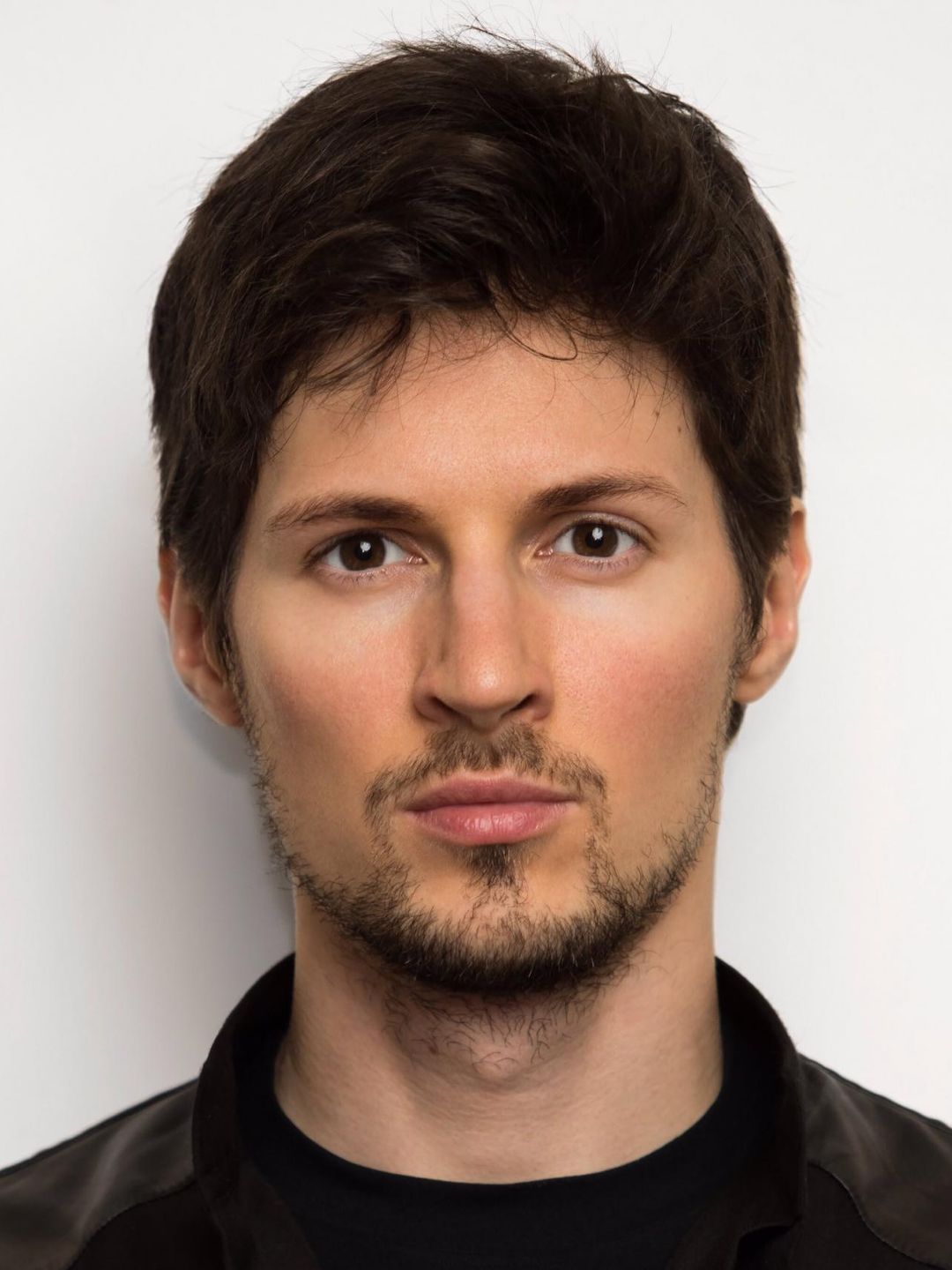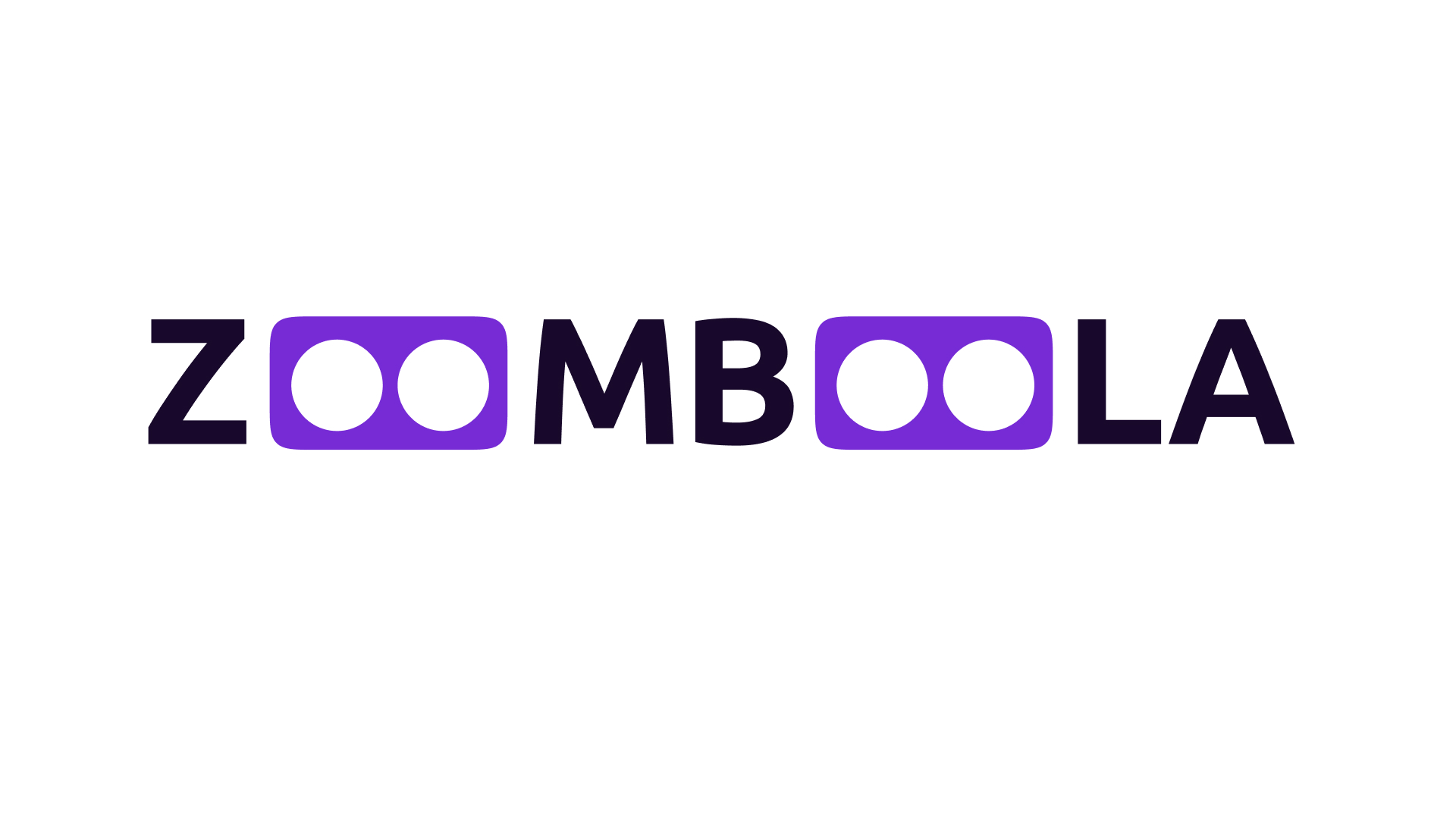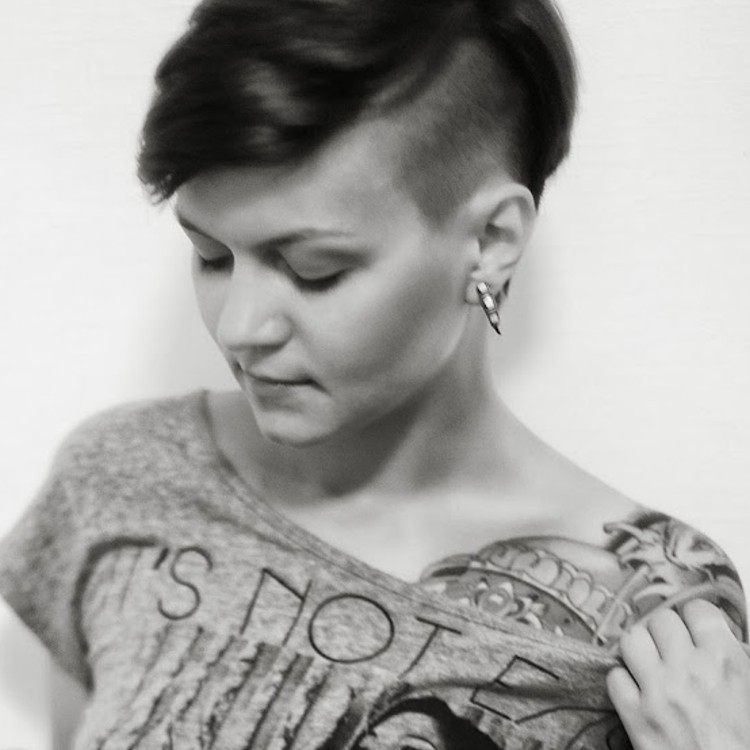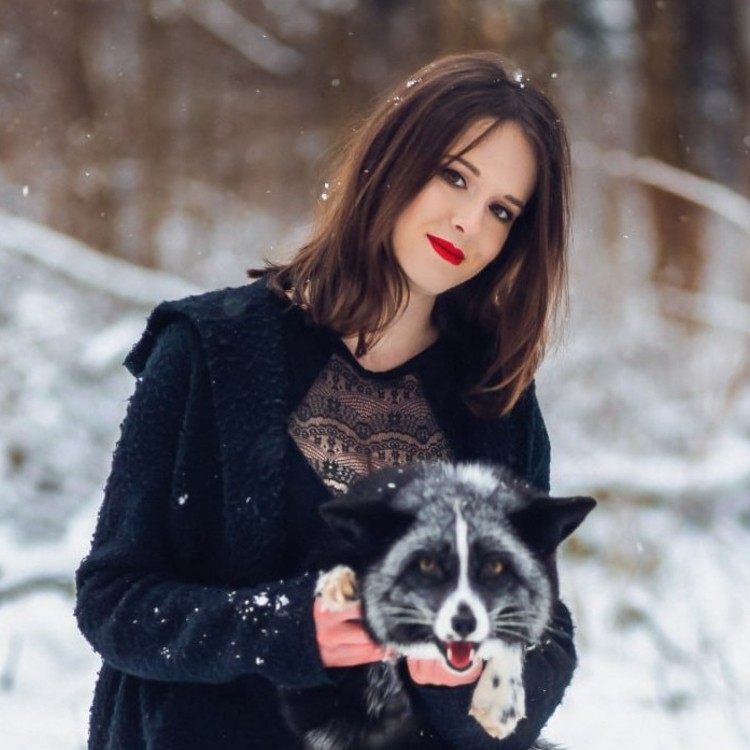Biography of Pavel Durov
Pavel Durov is a programmer and founder of VKontakte, Russia's biggest social network, where he served as director from 2006 to 2014.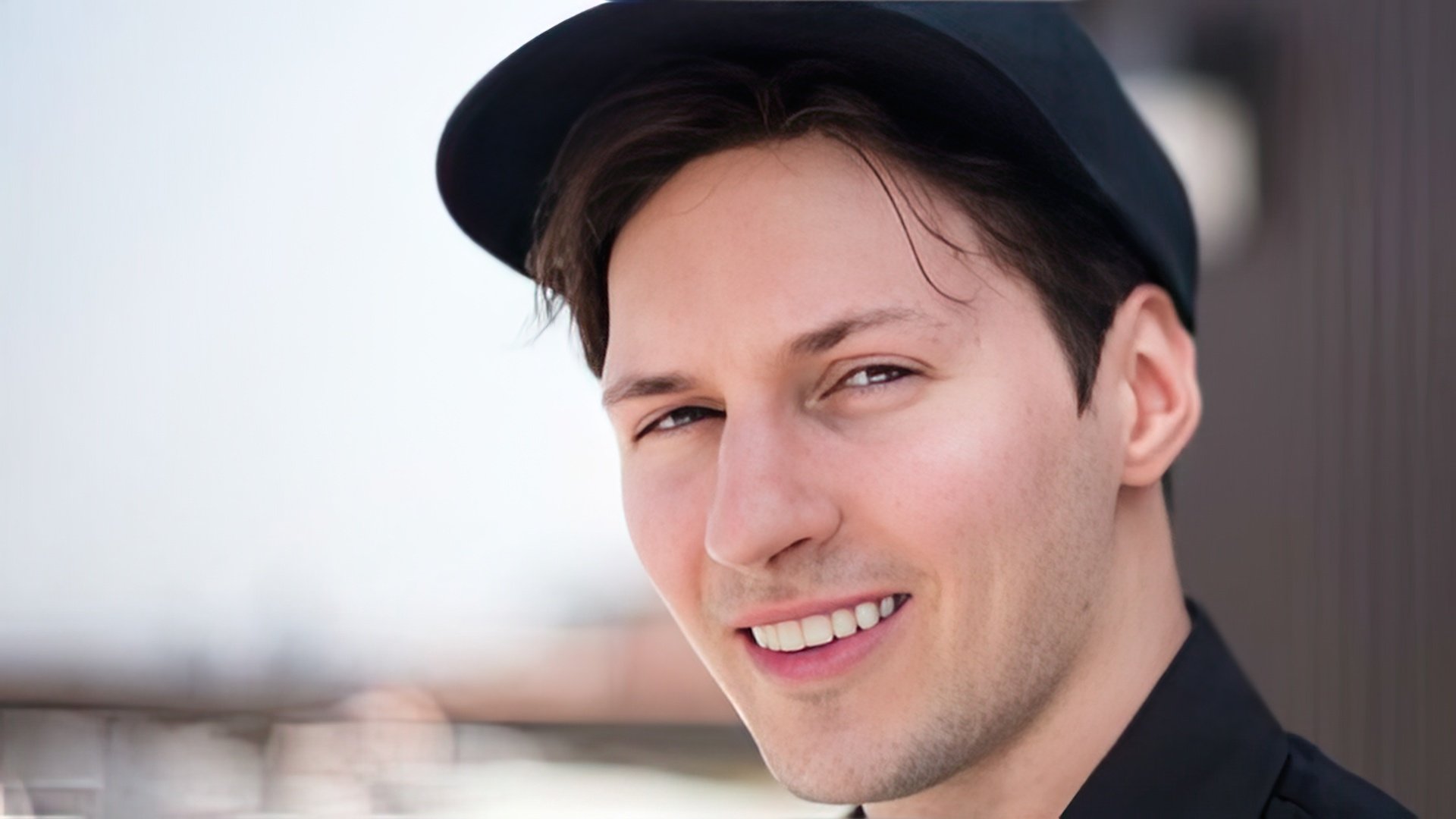
In 2013, he launched Telegram messenger with its unique encryption technology. After being ousted from VKontakte in 2014, he left Russia and continued developing Telegram. Forbes magazine estimates his net worth at $15.5 billion.
Childhood and Education
Pavel Valeryevich Durov was born on October 10, 1984, into an intellectual family in Leningrad. His father, Valery Semenovich Durov, is a Doctor of Philology and the head of the Department of Classical Philology at St. Petersburg State University. Pavel's older brother, Nikolai Valeryevich, became world programming champion among students twice.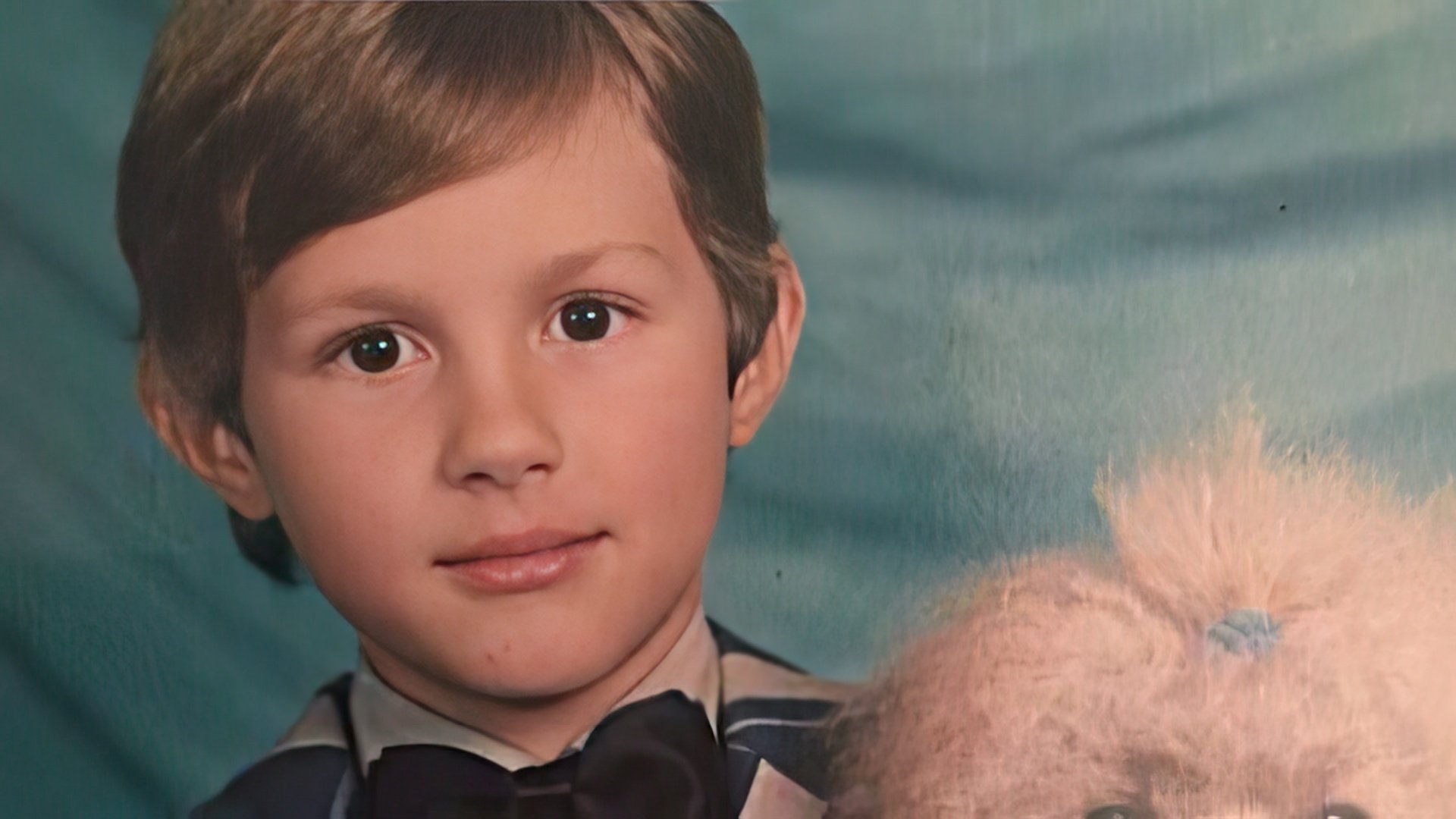
Durov studied in a class with an advanced curriculum in four foreign languages. He sat in the front row because of vision problems. At age 11, he got into programming, creating his first programs with his brother.
He became known for his school pranks involving computer hacking: out of boredom, Pavel changed screensavers on all the computers in the computer lab and easily cracked the passwords teachers had set.
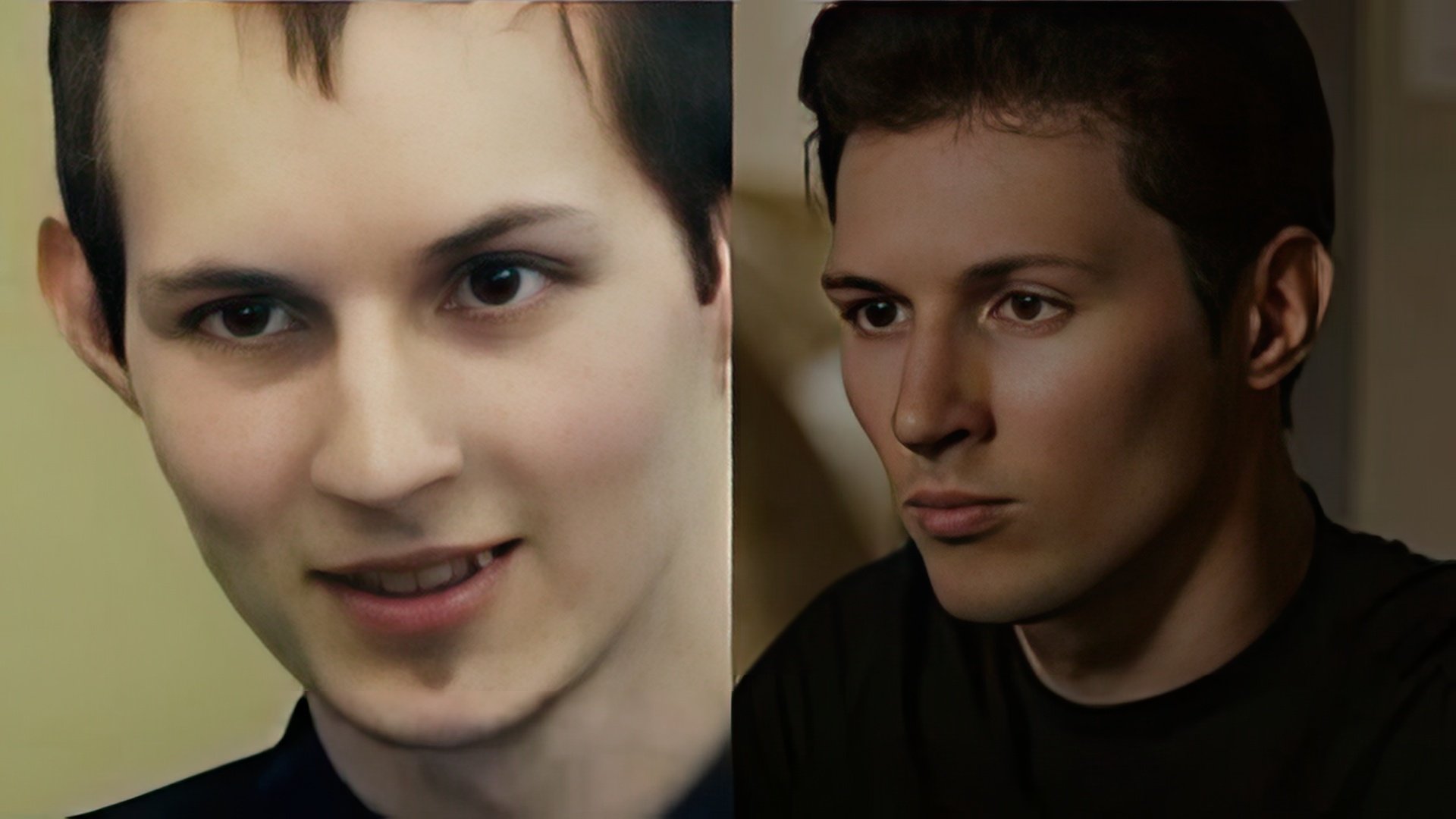
Pavel Durov has a passion for languages: "Learn foreign languages. It will massively expand your worldview and open up incredible opportunities for learning, development, and career growth," he once advised his readers on his VKontakte page. He also listed the languages he speaks: besides English, French, German, Spanish, and Italian, he knows Latin and Persian.
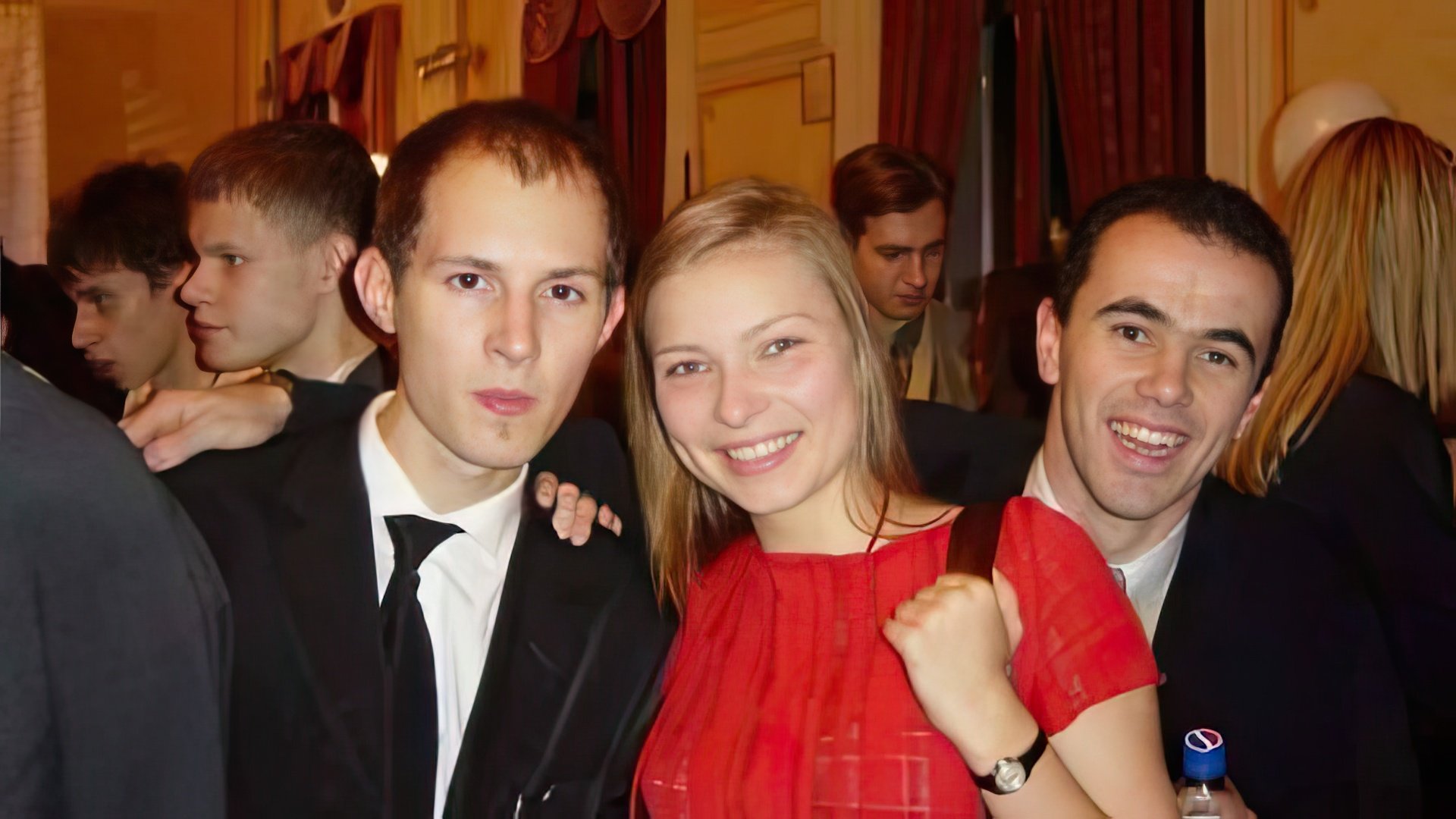
He completed military training in "Propaganda and Psychological Warfare" and served as platoon commander for the Philological Faculty. He graduated from military training with the rank of reserve lieutenant. In 2006, he graduated with honors from the Faculty of Philology, but still hasn't picked up his diploma from the university.
Creation of VKontakte
While still a student, Durov began compiling a database of study materials for humanities students, which was located at durov.com. He wanted to connect students from different campuses through a convenient virtual communication platform, which led to creating the SPbGU forum. Each user's personal profile included fields for name and surname, faculty, friends and groups lists, plus blogging capabilities. To promote the site, Durov organized beauty and design contests within the university.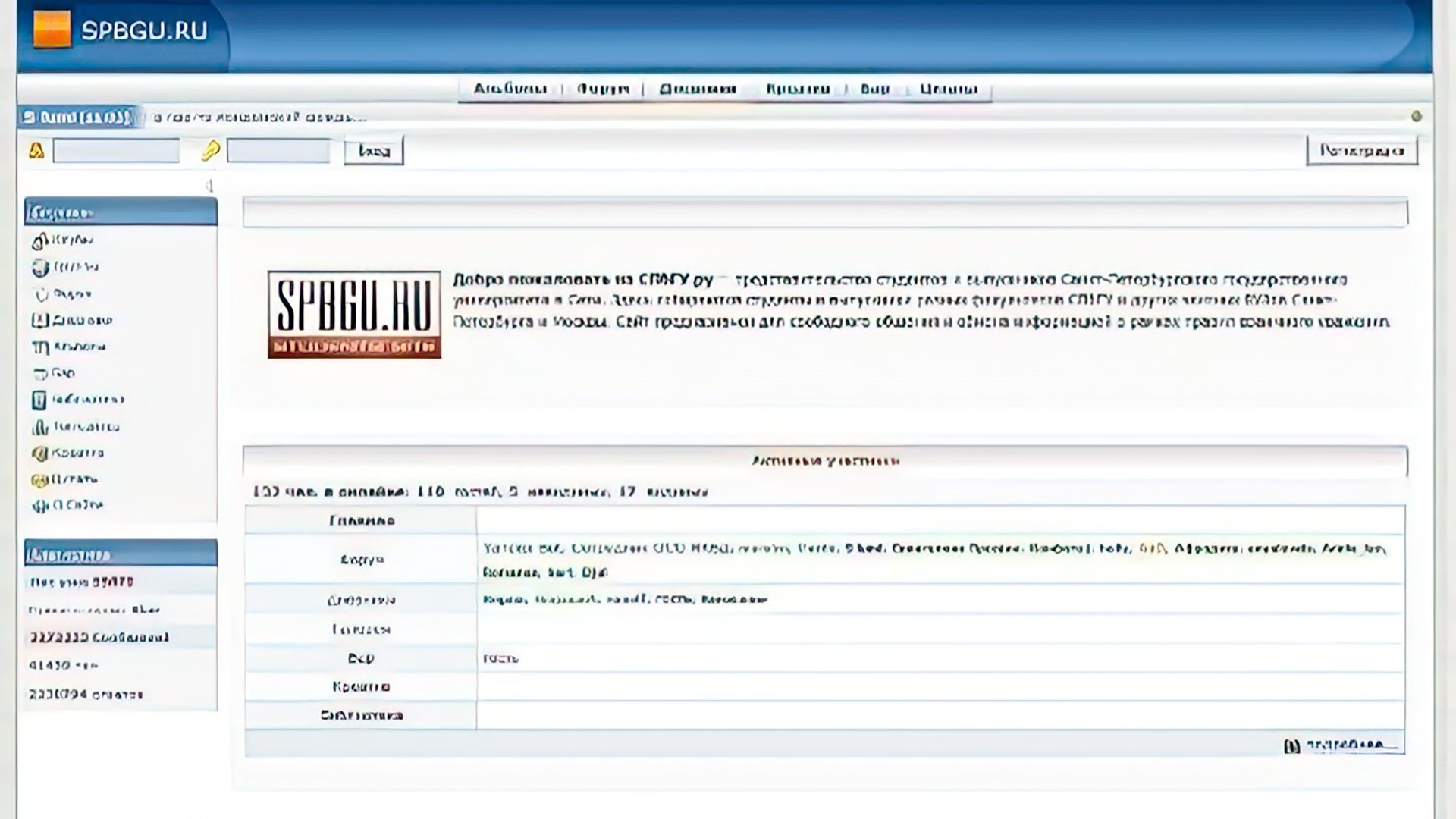
In September 2006, the social network VKontakte was launched. The founders modeled its look after Mark Zuckerberg's creation. Nikolai Durov helped the budding entrepreneurs optimize server performance.
Initially, registration on VKontakte was by invitation only, but by December 2006, the site became open to all users. Within its first year, VK's user base hit three million. To attract new users, the site management organized contests like "Win an iPod for bringing the most friends."
Despite keeping costs low, the new project desperately needed investment to support the servers, especially since VKontakte had no ads at the time and was completely non-commercial. Yuri Milner and his fund Digital Sky Technologies became the first investors in VKontakte, buying a 25% stake in the social network for $6.3 million, which they later sold to Mail.ru Group.
But they couldn't put off monetizing the site forever. In 2007, VKontakte users gained the ability to increase their ratings and give gifts to friends using virtual currency—"votes." Two years after launch, the first contextual advertising banners appeared. By that year, the site had become a leader in the Russian-speaking segment of the internet, with 20 million users.

Starting in December 2011, Durov began actively funding startups chosen through competitive selection processes. The first six selected startups received $25,000 each from Durov. In early January 2012, Pavel made a $1 million donation to Wikipedia.
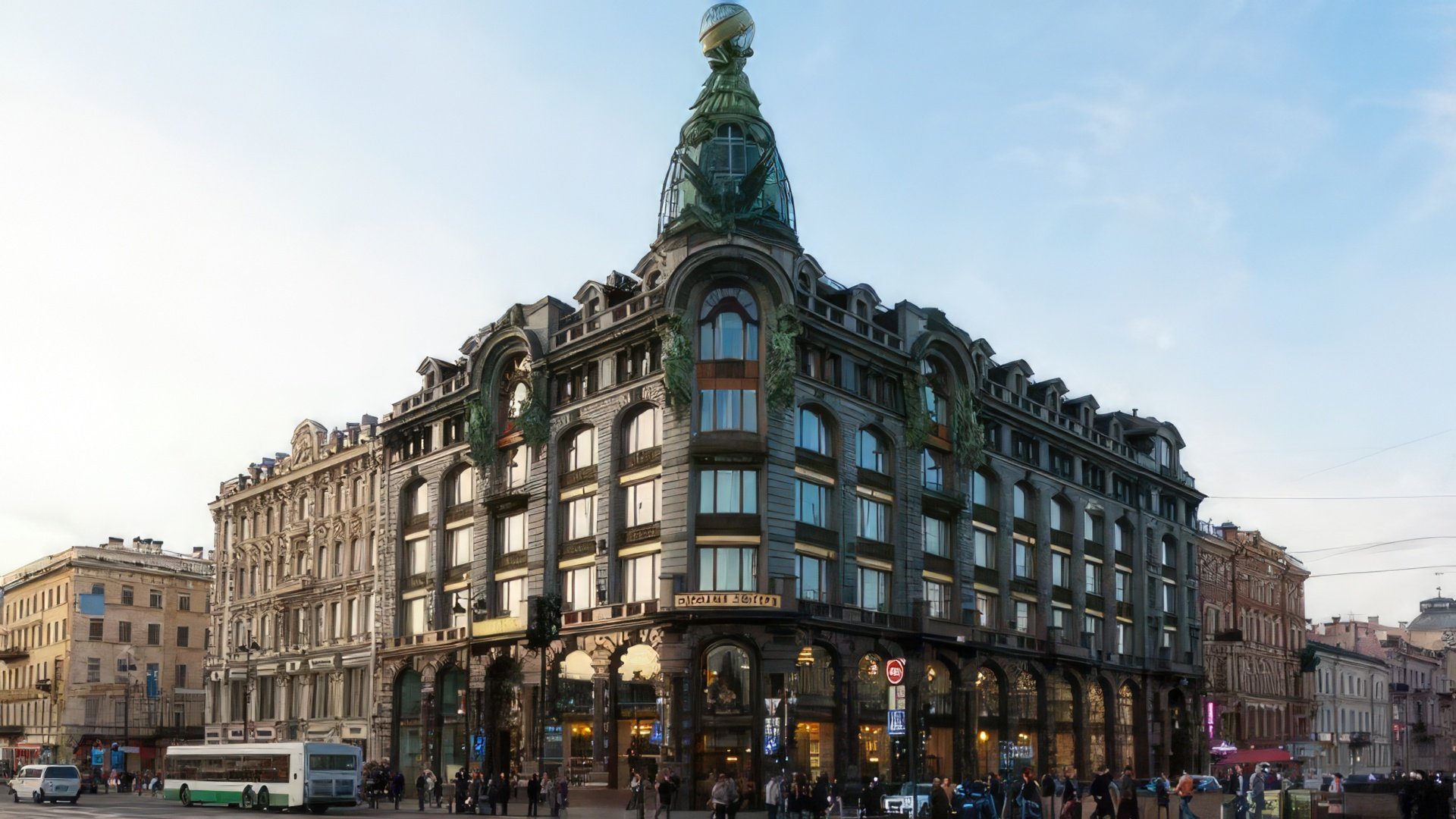
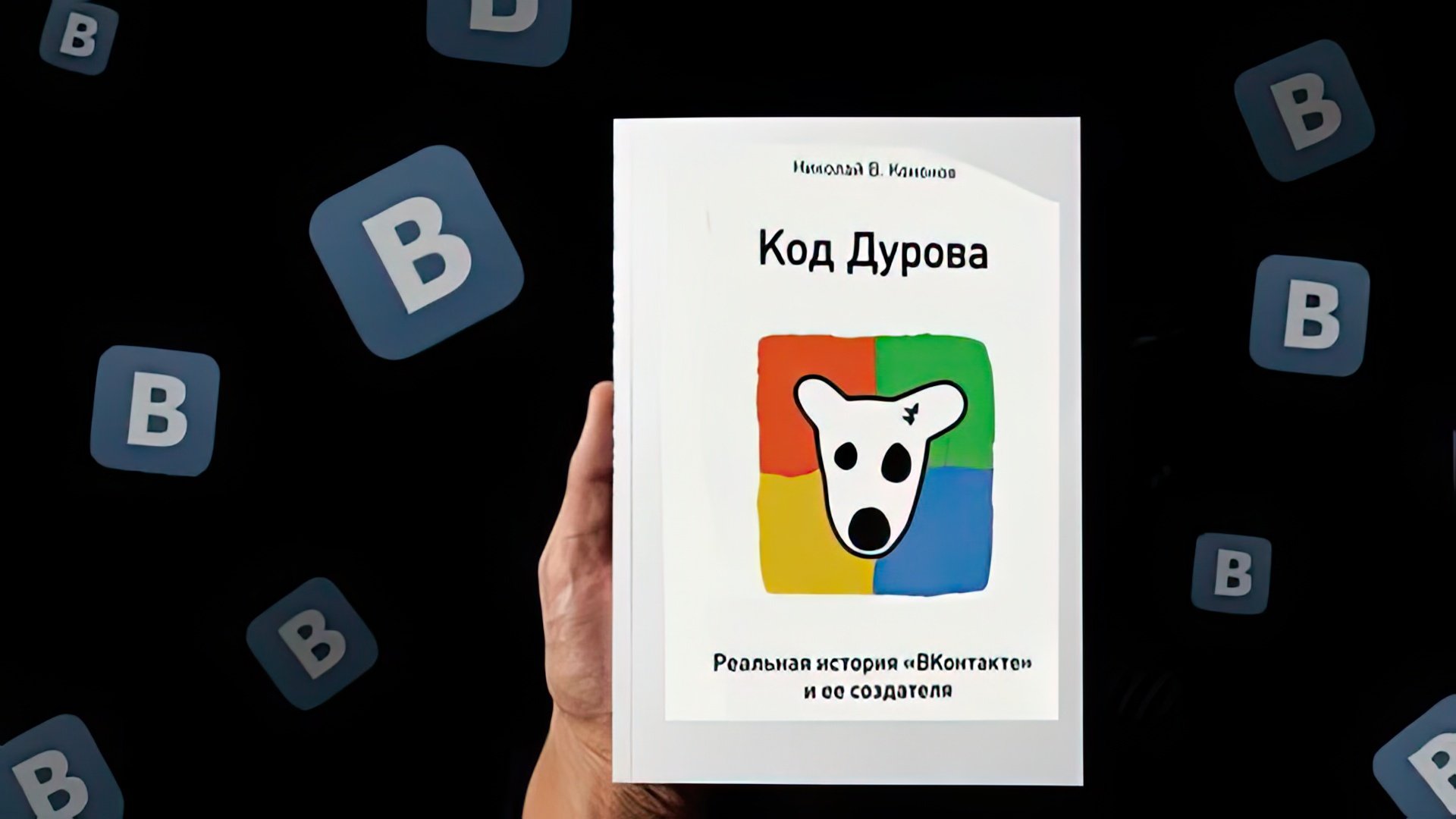
The Battle for VKontakte: Durov vs. UCP
In 2011, Dmitry Grishin, the newly appointed director of Mail.ru Group (formerly DST), which owned social network Odnoklassniki, approached Durov with an ambitious plan: buy out VKontakte entirely, merge it with Odnoklassniki, and take the combined platform public. Later, it became known that the potential deal exceeded $2 billion.Just a week after negotiations between these two Runet "giants," Durov posted a defiant photo on his personal blog — his middle finger raised high. The provocative gesture came with a blunt caption: "Official response to the trash-holding Mail's latest attempts to swallow VKontakte."
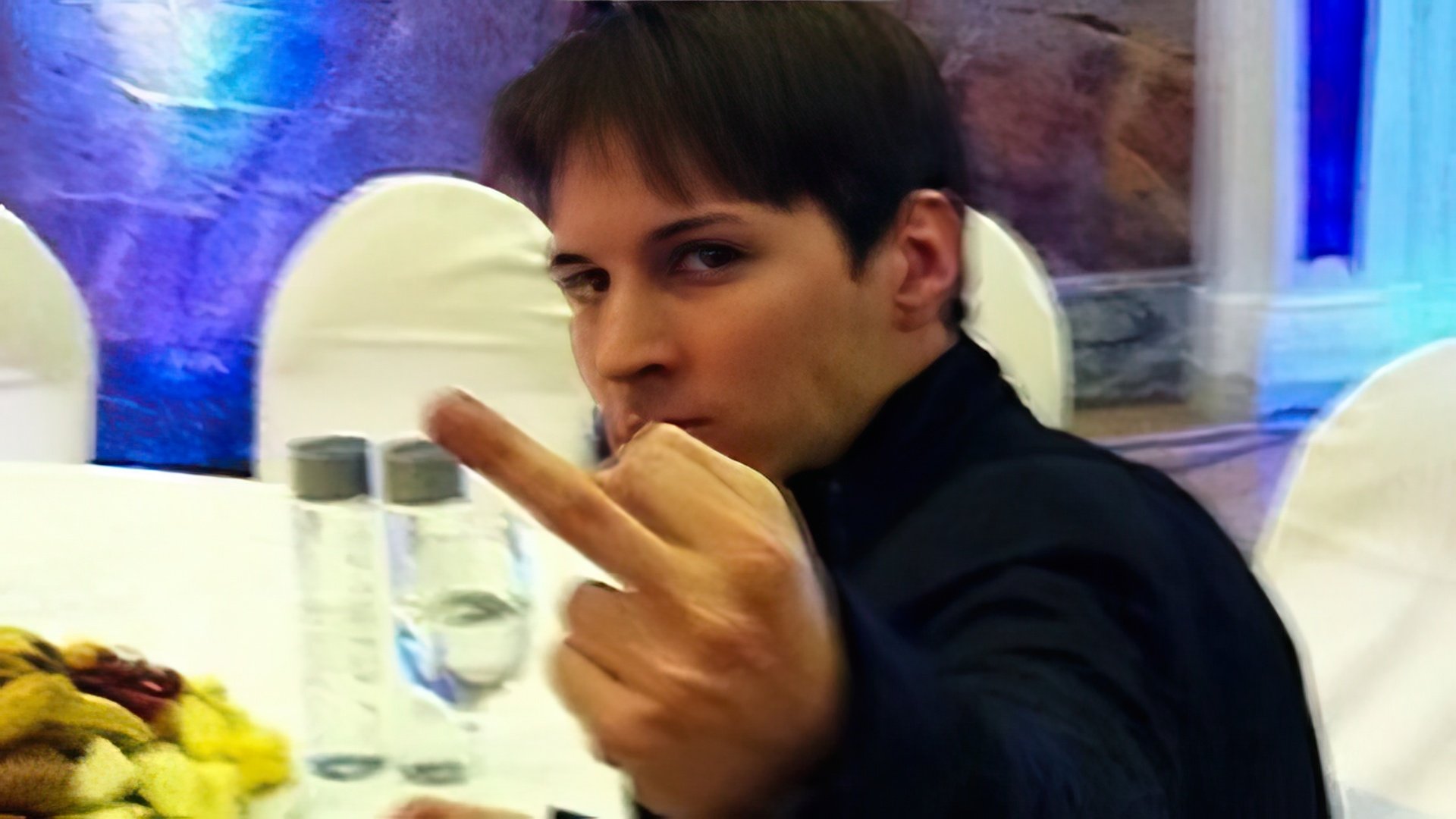
UCP wasn't happy either — they accused Durov of wasting time and money on personal projects, specifically his new messenger Telegram, which launched in August 2013. Durov claimed he was developing the messenger with his personal funds. UCP took Durov to court for allegedly misusing company funds. Durov fired back with his own lawsuit against UCP founder Ilya Sherbovich, claiming he'd secretly bought shares in Telegram LLC and Digital Fortress LLC through partners, planning to use them as leverage to demand half of Telegram. Both sides eventually dropped their legal battles.
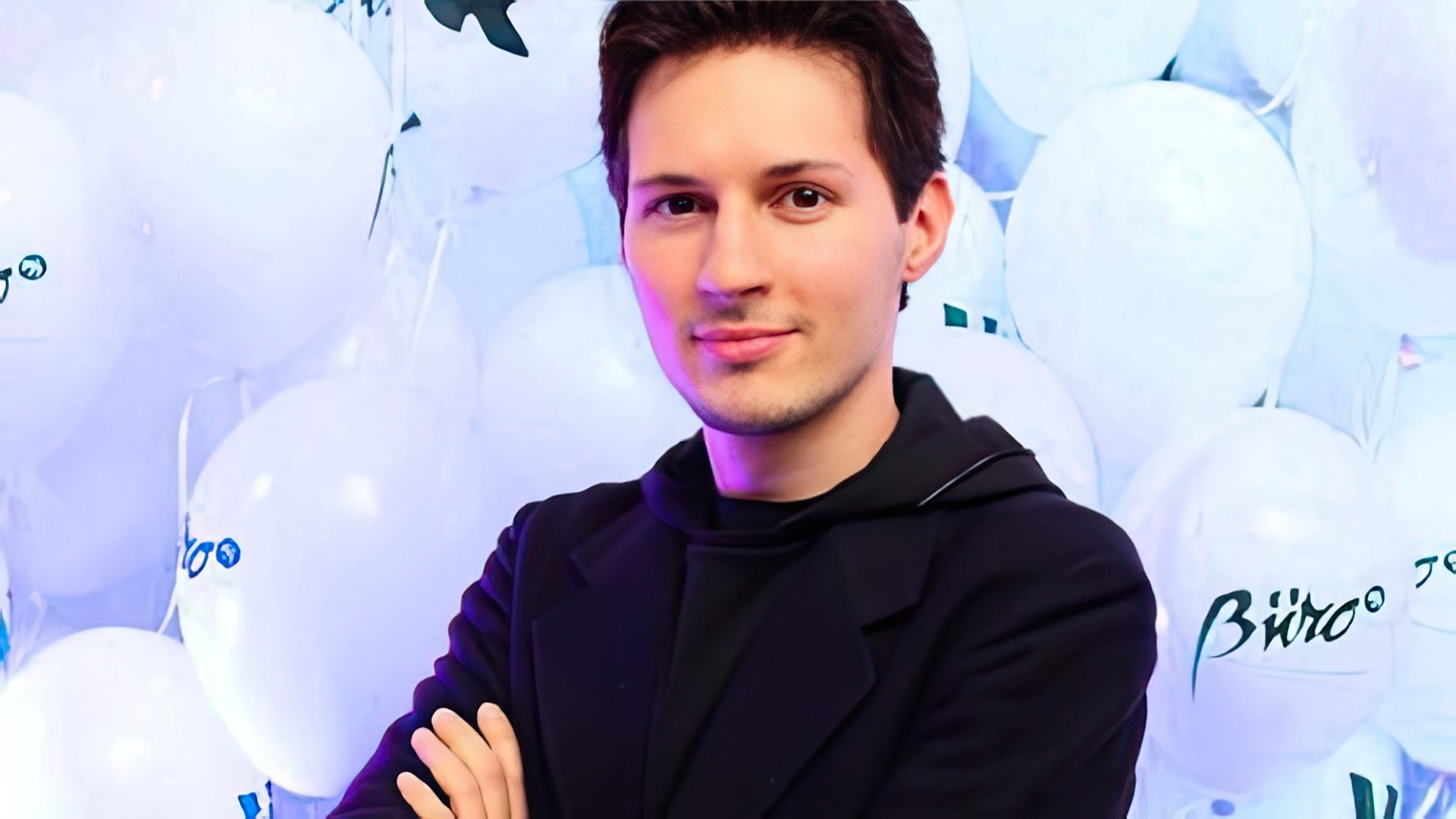
On April 1, 2014, Pavel Durov dropped a bombshell on his VKontakte page, announcing he was stepping down as CEO "due to changes in the shareholder structure." He'd actually submitted his resignation letter on March 21. Later, he revealed it was all an April Fool's prank, insisting he wouldn't abandon his position so easily after everything he'd built.
On April 16, Durov exposed demands from Russia's Prosecutor General's Office: hand over data on "Euromaidan" community organizers and block Alexey Navalny's anti-corruption community "Rospil." Durov refused both demands.
On April 21, Durov found out about his dismissal through media reports. VKontakte's board of directors had found errors in the retraction of his previous resignation letter, automatically removing him from his position. "Today VKontakte falls under the complete control of Igor Sechin and Alisher Usmanov. Under Russian conditions, something like this was probably inevitable, but I'm glad we lasted 7 and a half years," he said.
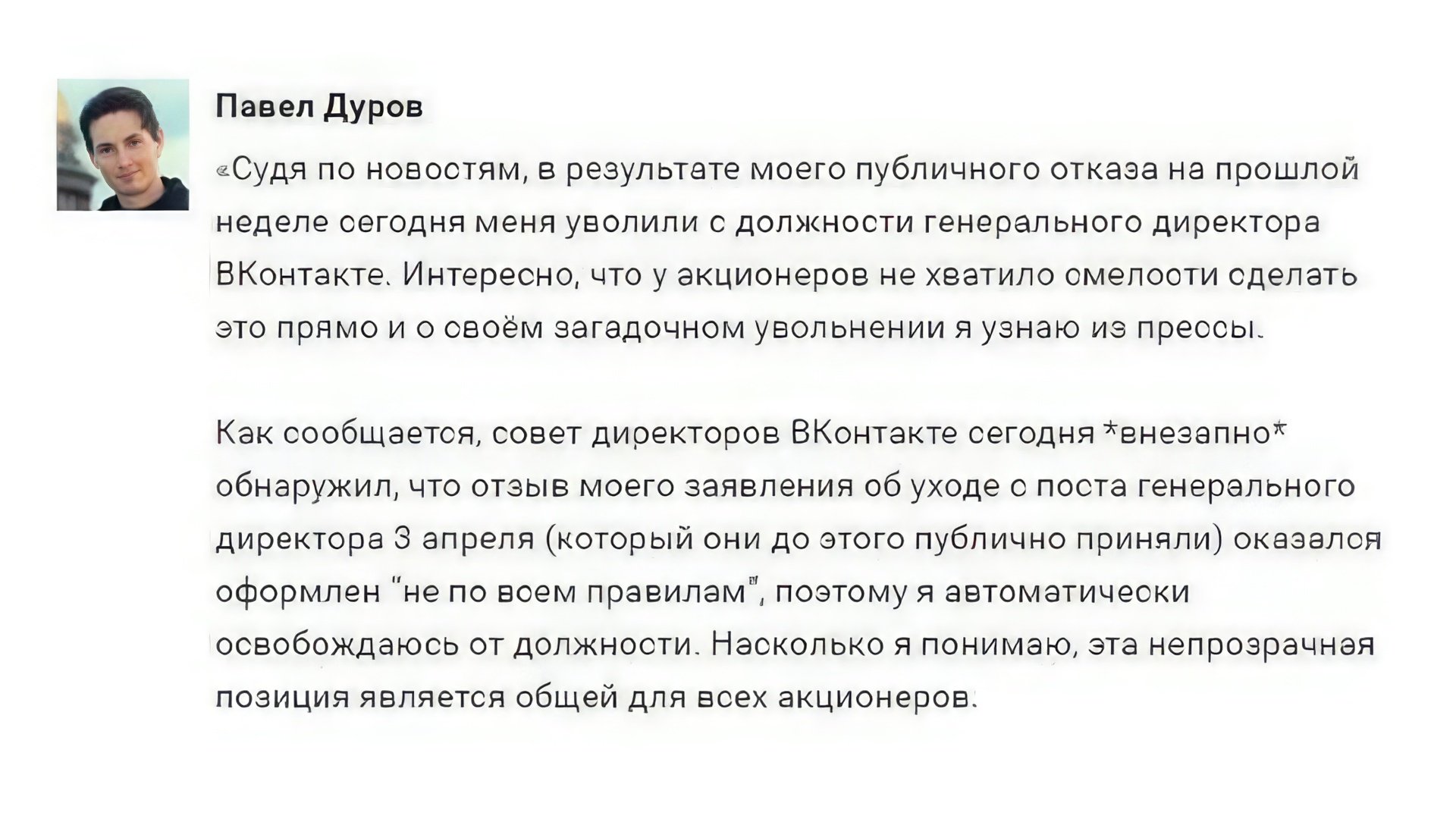
Criticism Towards Durov
Many of Durov's eccentric actions and statements have drawn harsh criticism. Angry articles flooded in after he threw paper airplanes made from 5000 ruble banknotes from his office window. Bloggers and journalists called Durov's stunt "a merchant's whim," while Culture Minister Vladimir Medinsky was even harsher: "A citizen who treats his people like cattle should get a job as a seamstress in prison."Telegram vs. Roskomnadzor
After leaving VKontakte, Pavel Durov focused on developing Telegram, which reportedly cost him up to $12 million annually to keep running.
Following his refusal, Telegram faced a coordinated media assault. Major federal channels ran stories branding Telegram as terrorists' preferred communication tool, while FSB representatives claimed the St. Petersburg metro attack was coordinated through the app. Businessman Oleg Tinkov called Durov a "boor," publicly deleted Telegram from his phone, and offered cash rewards to anyone who did the same.
On June 28, Durov finally provided registration data for Telegram in Russia but made clear he hoped it wouldn't escalate to handing over encryption keys or user information. If it came to that, Pavel declared, all cooperation was off the table.
The next showdown between Telegram and Russian authorities erupted in April 2018. On the 13th, a court ordered the messenger blocked for refusing to give the FSB encryption keys—something Durov insisted was technically impossible due to how the software worked. On April 16, Roskomnadzor started blocking the app. Pavel refused to cooperate and defiantly posted a photo of himself on a white horse to his blog with the caption: "To be free, you must risk everything for freedom."
During Russia's 2021 parliamentary elections, Durov pulled the "Smart Voting" chatbot—created by Navalny's team—from Telegram. He'd previously slammed Google and Apple for censoring information and blocking apps. But he defended blocking the "Smart Voting" app as legal, saying he was protecting millions of Telegram users. The numbers backed him up—a September 2021 study found 52% of Russian internet users actively used Telegram.
Cryptocurrency
In 2018, Durov unveiled the blockchain platform The Open Network (TON) for Telegram. In 2020, due to legal issues with the SEC (U.S. Securities and Exchange Commission), Durov had to withdraw from the project. The issue centered on the ICO of the Gram token, which the SEC deemed an unregistered security. The fundraising hit an impressive $1.7 billion.Caught in a tough spot, Durov chose to compromise with the regulator. He paid an $18.5 million fine and returned the investments to the investors.
But this wasn't the end of the TON story. The TON Foundation community brought the project back to life. In late 2021, Durov publicly stated he was no longer involved in the project, emphasizing he'd stepped away in 2020 after the U.S. ban on cryptocurrency issuance.
TON uses the Proof-of-Stake consensus algorithm and promises high transaction speed and scalability. The platform handles decentralized applications, smart contracts, and fast, cheap transactions. The network's native token is called Toncoin.
By 2024, the TON ecosystem had exploded: an entire suite of TON applications launched within Telegram, major stablecoin USDT went live on the TON blockchain, and Toncoin became one of the top tokens by trading volume.
Before Durov's arrest, Toncoin ranked 9th in market capitalization ($14.2 billion). Since the start of the year, the coin's value has multiplied. Interest in the project grew after Pavel Durov's interview with the Financial Times, where he mentioned a preliminary valuation of Telegram at $30 billion ahead of a possible IPO.
Personal Life of Pavel Durov
Pavel Durov keeps his personal life largely under wraps. Tabloid outlets have referenced St. Petersburg registry documents claiming Durov fathered two children (born in 2009 and 2010). Their mother is journalist Daria Bondarenko, a graduate of the Faculty of History at St. Petersburg State University. The press service of VKontakte called this information "tabloid gossip," and Durov himself put it more bluntly: "I was shocked when I found this out."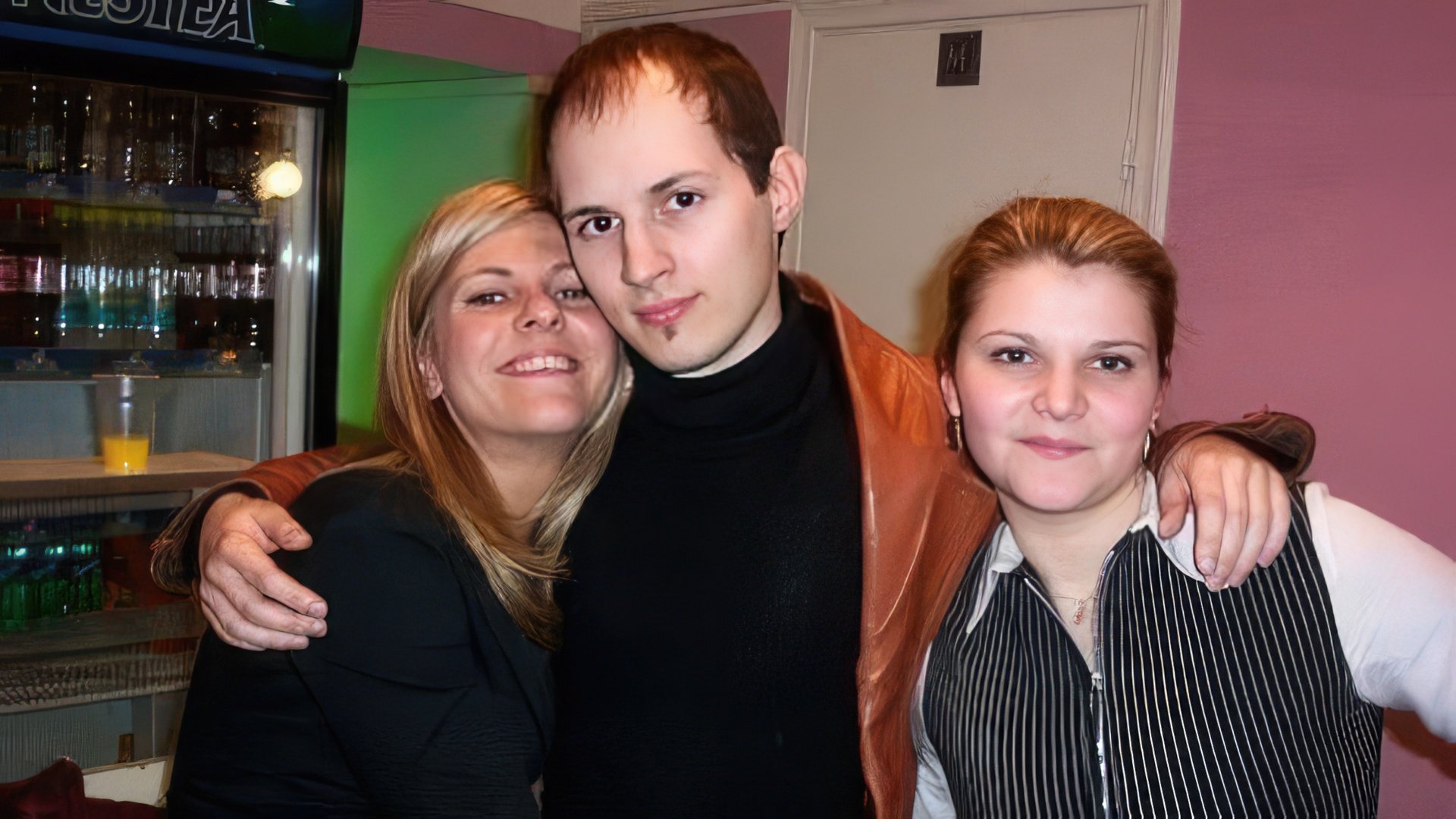
Since 2018, rumors have circulated about an affair between Durov and model Alyona Shishkova. They at least traveled to Paris together, and Durov attended Shishkova's 25th birthday party. When pressed about their relationship status, the model gave a cryptic answer: "It's complicated."
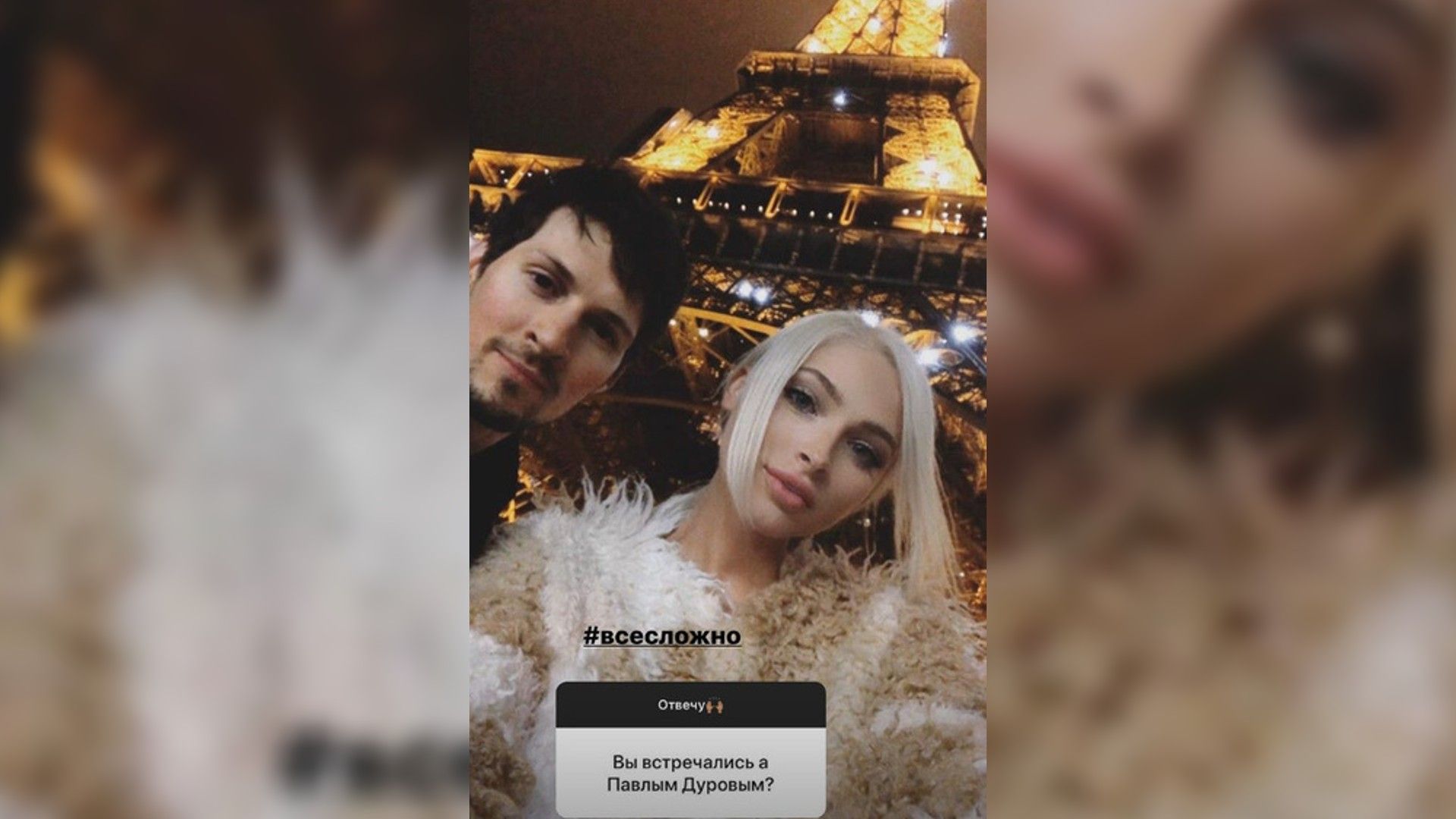
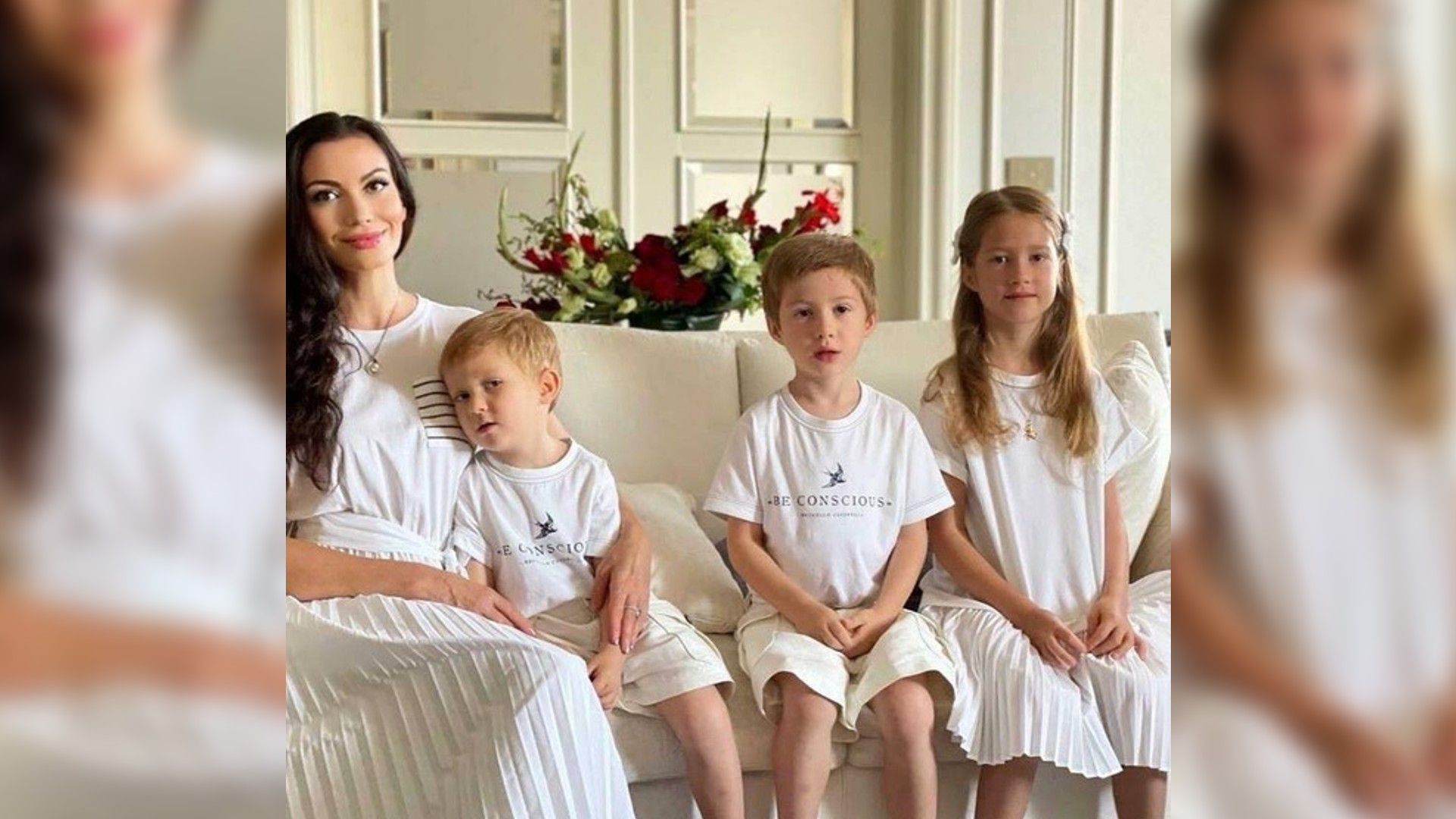
Durov maintains strict control over his physical and mental health. For instance, he once admitted that he eats no more than twice a day and considers three or more meals a day an unhealthy habit. He's branded Netflix, TikTok, and similar "irrelevant content" as sticky brain mud that destroys our most crucial asset – the mind: "If we want to regain our creative freedom, we must first regain control over our minds."Now I plan to open-source my DNA so that my biological children can find each other more easily... I also want to help destigmatize the whole notion of sperm donation and incentivize more healthy men to do it, so that families struggling to have kids can enjoy more options.
Pavel Durov holds four citizenships: Russia, France, Saint Kitts and Nevis, and the UAE.
Pavel Durov Now: Arrest in France
On the evening of August 24, 2024, Pavel Durov was arrested at Le Bourget Airport in Paris after arriving from Azerbaijan on a private jet. French police arrested Durov based on a warrant issued by the National Directorate of Judicial Police. Durov was reportedly on France's wanted list.The arrest stems from a long-standing conflict between Durov and French authorities. Durov refused to cooperate on Telegram's content moderation, leading to accusations involving drug trafficking, terrorism, crimes against children, and fraud. All these charges are linked to his refusal to provide access to Telegram user data.
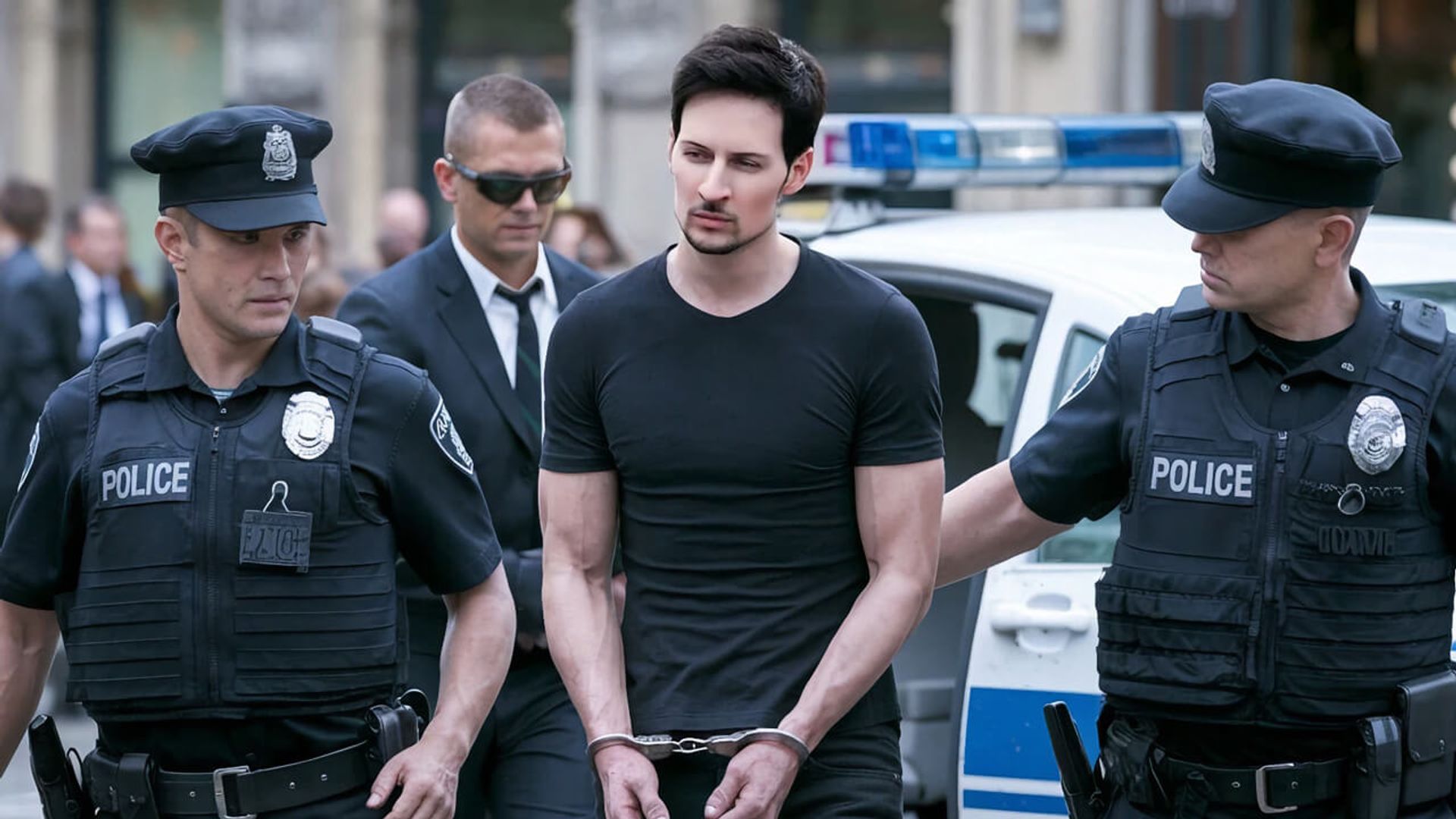
The day after the detention, on August 25, Durov was supposed to appear in court. However, by evening, there was no clear information on whether formal charges had been filed against him. Durov had previously avoided visiting countries whose intelligence services demanded his cooperation on Telegram.
Durov's colleagues at Telegram issued a statement calling the charges absurd:
Support for Durov came from major global figures like Elon Musk and from Russian politicians: Deputy Chairman of the Security Council Dmitry Medvedev, Ombudswoman for Human Rights Tatyana Moskalkova, leader of the New People party Vladislav Davankov, and many others.It's absurd to hold the platform or its owner responsible for violations on this platform.
Found an error? Select the text and press Ctrl+Enter
Error in the text? Select it — a send button will appear
Publication Details
